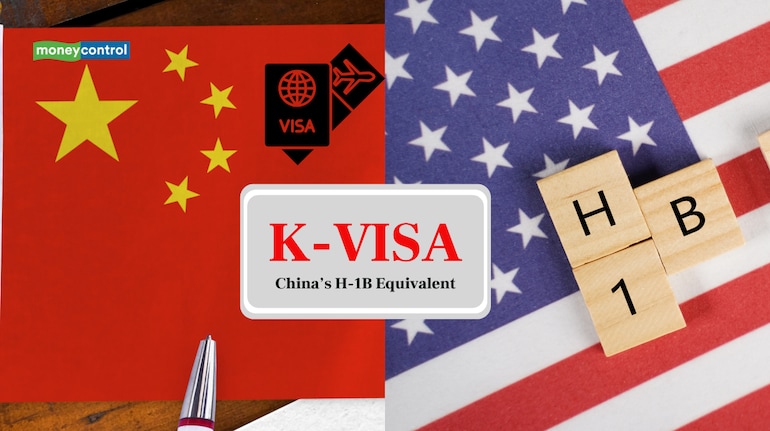China has launched a new visa programme aimed at attracting foreign tech talent, a move analysts see as a strategic boost in its geopolitical rivalry with the United States. The K visa, which takes effect this week, targets young science, technology, engineering and mathematics (STEM) graduates and allows entry, residence and employment without a job offer. Immigration experts say the initiative sends a strong signal that Beijing is opening its doors to global talent, even as Washington tightens restrictions on skilled foreign workers. The U.S. recently announced a $100,000 annual fee for H-1B visas, a key pathway for international tech professionals, prompting many to seek alternatives.
The K visa is part of China’s broader push to attract foreign investment and expertise amid economic headwinds from U.S. tariffs. Beijing has introduced a series of measures to lure overseas talent, including opening more sectors to foreign investors and granting visa waivers to citizens of several European and Asian countries. “The symbolism is powerful: while the U.S. raises barriers, China is lowering them,” said Iowa-based immigration attorney Matt Mauntel-Medici, noting the timing of the rollout as the U.S. tightens its own visa policies.
Despite its promise, the K visa faces uncertainties and limitations. Chinese government guidelines remain vague on key requirements such as age, education and work experience, and there are no clear provisions on permanent residency, family sponsorship or financial incentives. Language barriers also pose a challenge, as most Chinese tech firms operate in Mandarin, while political tensions, particularly with India, could restrict applicants from key talent pools. Analysts warn that China’s rigid immigration system and limited pathways to citizenship may deter potential candidates.
Still, experts say the programme underscores China’s determination to compete in cutting-edge technology by attracting even a fraction of global STEM talent. While countries like South Korea, Germany and New Zealand are also loosening visa rules to draw skilled migrants, China’s K visa could give Beijing an edge in its rivalry with Washington. “If China can attract even a sliver of global tech talent, it will be more competitive in advanced technology,” said Michael Feller of Geopolitical Strategy, highlighting the geopolitical stakes of the new policy
